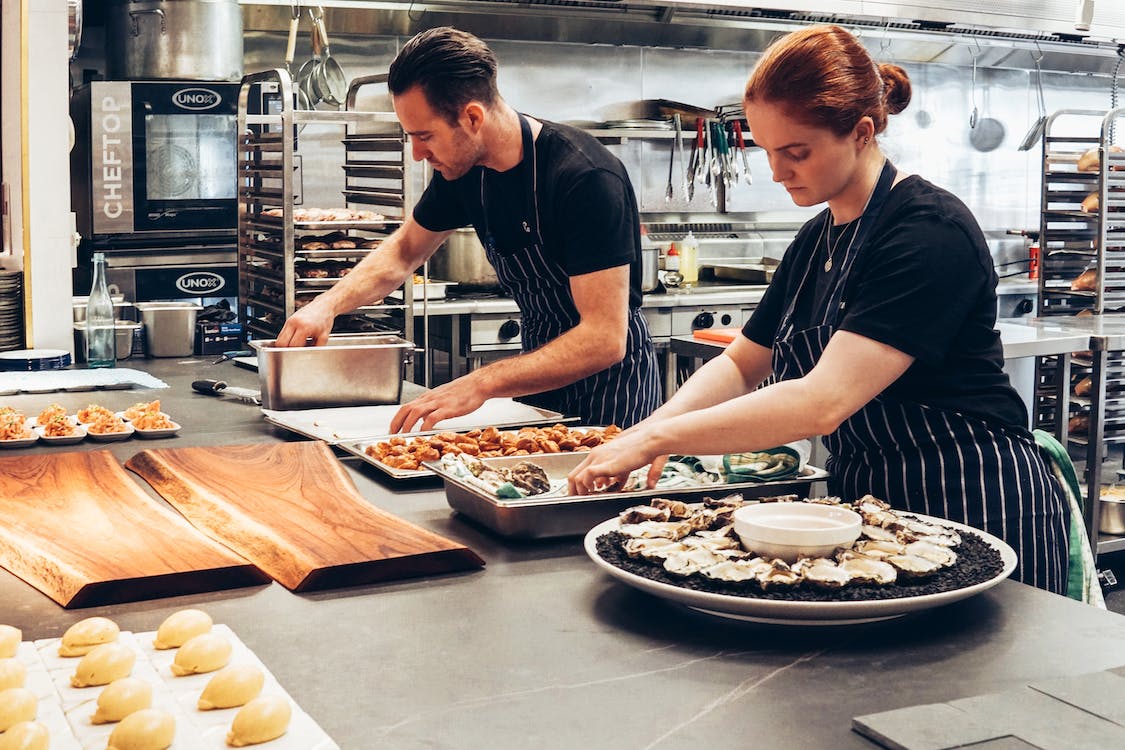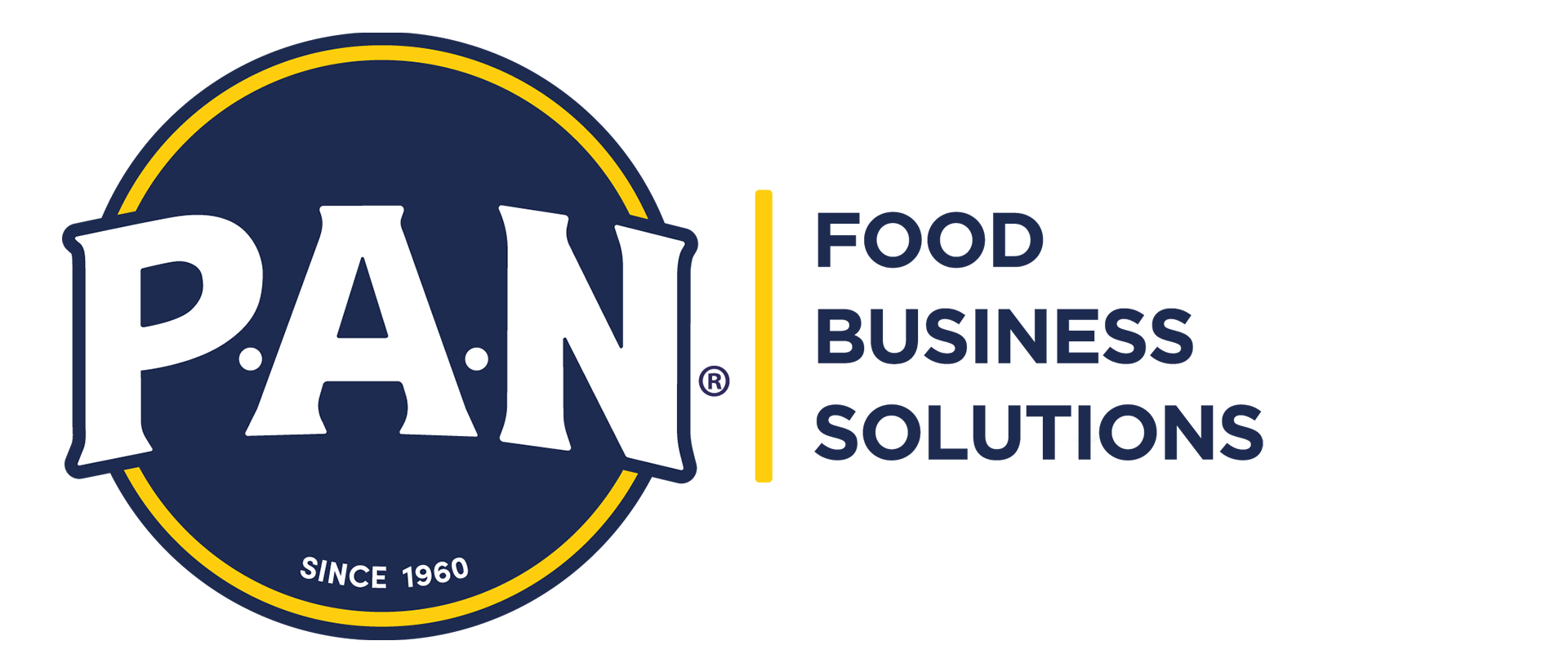I think I’ve lost count of the times people call us urgently requesting a consultancy two weeks before the opening of the restaurant, and when we ask them if they already have the menu and/or have trained their customer service staff, their answer is “No”. Very bad omen.
I want to illustrate the problem behind this constant that reduces the chances of success.
Let’s imagine for a moment that an airline orders a new aircraft from an aircraft manufacturer. The process takes about two years. So, the day comes when the new aircraft is finished and delivered to the new owner. It is equipped with the latest technology and promises to be quite an experience for future passengers. The owner hires the new staff that will serve the passengers, the new captain and the pilot. Without any training, he tells everyone that the plane will make its maiden voyage the next day.

Reading the above, I can imagine you must have thought that it is crazy due to multiple factors; all the time needed to establish the different protocols and procedures that will lead to a personalized training and that will have to be supervised to guarantee that the inaugural flight, and all those that follow, are productive, successful and without major difficulties.

Well, opening a restaurant is a very complex task in which many of those who decide to enter the world of restaurants concentrate most of their resources on the infrastructure of the premises, including decoration. Like any investment, the budget flows easily at the beginning and as time goes by, stress increases due to expenses and it is thought that training, cooking tests and building the culture that will make the team high-performing are not necessary and that this will be covered by the sales once the doors are opened to the public.
From Neurogastronomy, the evidence shows us that the majority of restaurants that do not consider as part of the investment the development of a culture that allows training the team and becoming familiar with what the design of a new experience will be like, dramatically increases the probability of start operations with high levels of stress, little planning, reactive to problems, which can generate significant economic losses, slowing down the return on investment.

Investing in a culture and training plan equips employees with the necessary skills and competencies to make objectives come true, improve the experience. However, the importance of training goes beyond teaching skills, it makes the work environment transform, become more dynamic, generating more respectful spaces, which promotes a collaborative culture that maximizes benefits in all directions.
Godwin-Charles, a professor at the University of Arkansas, showed that teams that have little training generate a feeling of exploitation and lead to the opposite of the desired result. So, as I tell my clients, in the same way that the architect and decorator take their time to build the space, they must take the time to build the culture and the wills before receiving the first customer.
We co-created this content with @neurogastronomo to help your business grow.
